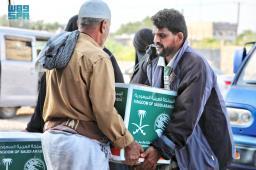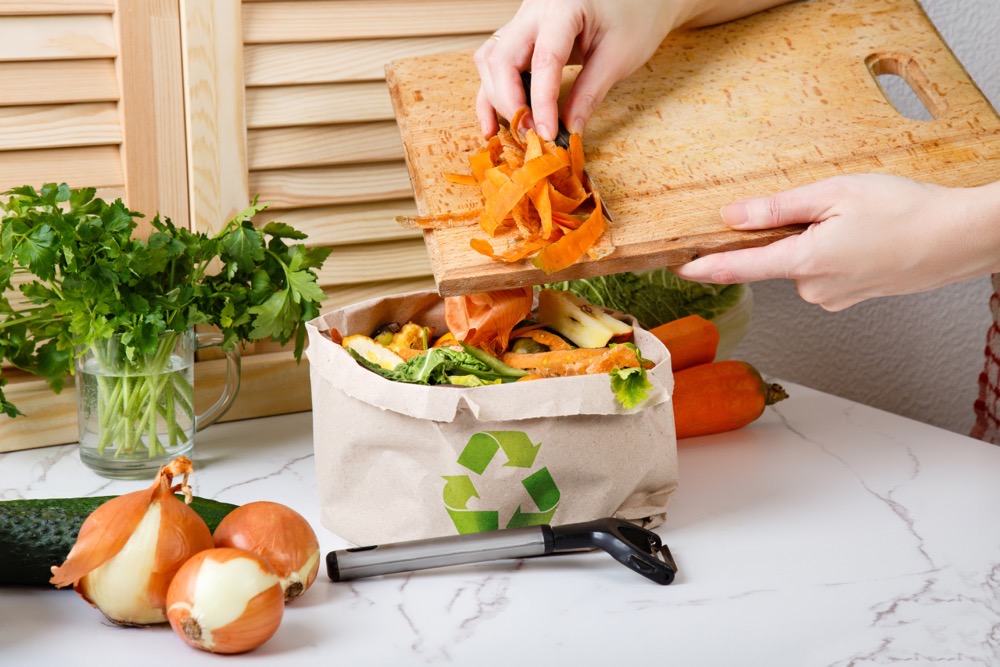RIYADH: The Arab Forum of Anti-Corruption Agencies and Financial Intelligence Units began on Wednesday in Riyadh, hosted by Saudi Arabia’s Presidency of State Security, and discussed targeting illicit financial networks.
Focusing on institutional frameworks and joint coordination between multiple parties, the discussion included global speakers: Jawhar Nfissi, president, National Financial Intelligence Authority in Morocco; Daniel Glaser, global head of jurisdictional services at K2 Integrity and head of its Washington, D.C. office; Elzbieta Frankow-Jaskiewicz, interim chair, Egmont Group of Financial Intelligence Units; Suliman Aljabrin, executive secretary, Middle East and North Africa Financial Action Task Force, Bahrain; Khadija Ali, head of the Financial Investigation Unit, Republic of Comoros; Mohamed Allal Al-Kahil, head of the Financial Prohibition Unit, Islamic Republic of Mauritania.
The discussion, addressing anti-money laundering and countering the financing of terrorism, is at the heart of Saudi Arabia’s endeavors to uphold the rule of law, promote fair competition between companies, and achieve security and prosperity for all.
The session provided discussions on reform paths for various local entities taking action to harmonize their legal frameworks with the requirements set by the Kingdom’s Anti-Money Laundering Permanent Committee to advance its broader national reform agenda.
Elzbieta Frankow-Jaskiewicz, interim chair, Egmont Group of Financial Intelligence Units, talked about the firm’s efforts in fighting illicit financial networks.
“Many agencies use our technologies from private sectors and we work with our counterparts in Interpol, WCO, World Bank and G20,” Frankow-Jaskiewicz said during the panel discussion.
Egmont Group is important to the global CFT (Combating the Financing of Terrorism) regime in many aspects, such as in international information-sharing and in their secured channels for exchanging information.
“Using typologies that we developed over the course of these three years, we raise the operational effectiveness values; we enhance our FIU (Financial Intelligence Unit) capabilities in Egmont center and memberships,” she said.
Since its founding, Egmont has assisted more than 190 jurisdictions by constructing a new learning platform and providing technical support for FIU. With nearly 7,000 registered users and 2011 courses already developed and launched, Khadija Ali, head, Financial Investigation Unit, Republic of Comoros, talked about the regulation measures the country has in place when receiving a report.
“We have to ask for information in order to obtain the suspicious transaction file as soon as the financial institutions submit it to us. Additionally, if required, it is a report to the prosecution. In order to effectively combat this, we also work and interact with individuals who are affected by it, including banks, attorneys, notaries, jewelers, anti-corruption advocates and other subject persons,” she said.
“Not only must the government enact a new anti-corruption law, but it must also hire modern experts, the law against money laundering. This reveals the Comorian government’s dedication to fighting financial crime, and I would like to use this chance to praise this successful dedication. We have a system in place to fight money laundering and the funding of terrorism, which is implemented at the national level by a number of players, in line with the Comoros strategy,” she said.
Suliman Aljabrin, executive secretary of the MENA financial action taskforce in Bahrain, said during the session that the banking industry was developing well.
“The banking industry in the Arab world is quite developed, though not in terms of the private sector or the organization that oversees, monitors and supervises it. This indicates that there is a compromise to be struck between the need to prevent money laundering and the funding of terrorists and maintaining financial confidentiality, which is the standard. It will serve as the first entry-point for the official system to be introduced and the money to be laundered,” he said.
The challenge, according to K2 Integrity’s Daniel Glaser, has been how to take rules and regulations and make them effective for everyone, from the smallest countries to the US.
“Not that they don’t have the framework, but how do you get the framework to be implemented? And that requires so many different things. It requires political will. It requires investment of resources, sometimes more than countries are willing to invest,” he said.
The head of Morocco’s national financial intelligence body, Jawhar Nfissi, said that creating a national institutional structure and making a firm political commitment were essential. Also, monitoring the reports was vital, as according to statistics, there has been a 200 percent increase in suspicion indicators in Morocco during the past five years.
In light of international treaties, Mohamed Allal Al-Kahil, head of the Financial Prohibition Unit, Islamic Republic of Mauritania, emphasized the need for legislation to combat bribery and corruption, noting that current legislation falls short of the Financial Action Task Force’s recommendations.



































